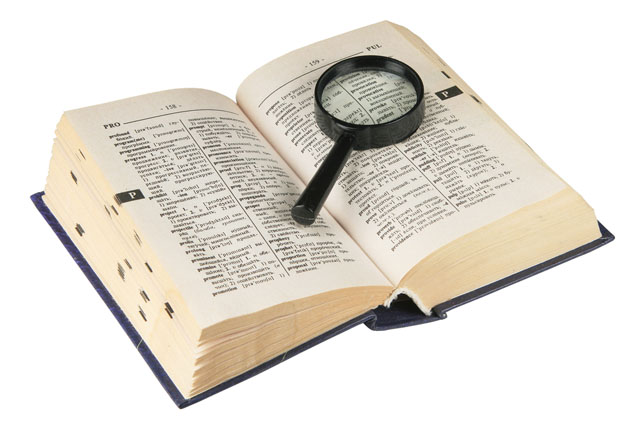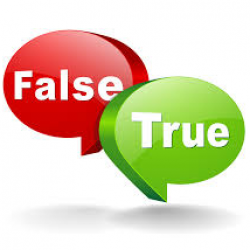Why does my teacher make me use an English-English Dictionary

۱۶ مرداد ۱۳۹۶
Using a monolingual dictionary can be hard work, especially if you have to carry it all the way to class yourself! There are lots of good reasons why your teacher might want to train you in using an English-English dictionary. Here are some good reasons why using an English-English dictionary is highly recommended:
- Stop translating - The most important reason to start using a dictionary that only has English in it is the same reason teachers insist you use only English in the classroom. If you can switch off the L1 part of your brain in class it will eventually become possible to think in English and so speed up your comprehension and production of the language. Using a monolingual dictionary not only means you are reading in English and avoiding your own language, but that you can also copy the definition down into your notebook and so increase your use of English outside class as well.
- Double practice - Many students are worried that when they look for one difficult English word in the dictionary they will just find it explained with another difficult word they also don't know. This will rarely happen with the right dictionary and if this happens all the time you should probably be using an easier one such as an Elementary Learners' Dictionary. If this still happens occasionally even when you have the right dictionary, that means that the word you don't know in the definition is also very useful and you are therefore getting double practice of English by learning that one too.
- Words that don't translate - Another problem students have is that they understand the English definition but still can't think what that word is in their own language, and so they go to a bilingual dictionary to check. Usually, though, this means that the translations given are not really the same thing as the English word. This is particularly true with personality words, where seemingly the same word in different languages might have very different positive and negative meanings. This is another case in which stopping translation helps- in this case to really learn what the English word means.
- Learn English grammar words - Students also sometimes complain that words like "noun" and "adverb" in the English-English dictionary make the definitions difficult to understand, but these are words you will also need in order to be able to study English without using your own language. A dictionary is a very good place to learn grammar words from because the same words are repeated many times. Copying these words down (or short versions like "n" or "adv") when you learn new vocabulary can help you learn the vocabulary better and learn the grammar words at the same time. Knowing these words in English will also help you discuss the language with people who do not speak your language, for example if you study abroad.
- More information - A good English-English dictionary for foreign language learners includes lots of extra information for study that most bilingual dictionaries leave out, such as the most used words in the English language, more definitions for each word, common confusions and mistakes, and the phonemic script for pronunciation
- Learn to explain language in English - The way that a dictionary explains a word in simple language is very similar to what you will need to do if you can't think of a word in English and have to explain what you mean in other ways. Reading those kinds of explanations will make it easier for you to make explanations yourself such as "I can't think of the word, but it is a kind of...".
- Quality control - By using a good English-English dictionary for learners recommended by your teacher, you can avoid the problems that some bilingual dictionaries (especially electronic ones) have such as lots of useless or out of date words no one uses and a lack definitions for each word.
Source: www.usingenglish.com


